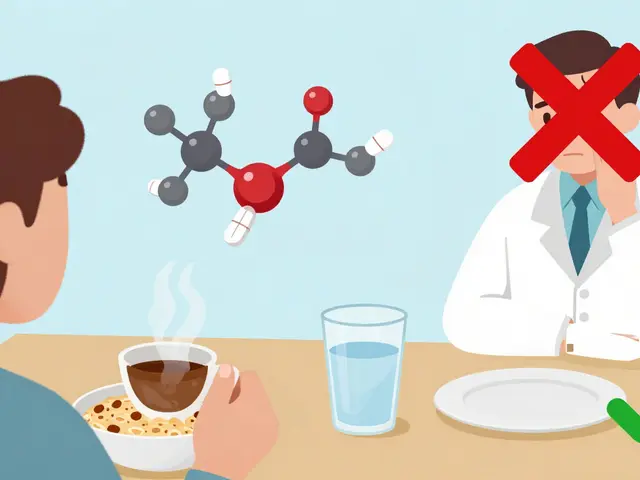Heart Health – Simple Steps to Keep Your Heart Strong
If you want your heart to keep beating well for years, you don’t need a fancy plan. Small daily choices add up to big protection against heart disease. Below you’ll find easy habits, quick checks, and clear info about medicines that can help your heart stay in shape.
Everyday Habits That Boost Heart Health
First, look at what’s on your plate. Choose plenty of veggies, whole grains, and lean protein. Cut back on salty snacks, fried foods, and sugary drinks. You don’t have to go fully vegan; just adding a few extra servings of fruit or beans each day makes a difference.
Second, move a little every day. Walking briskly for 30 minutes, cycling to the shop, or dancing in the living room all count. The goal is to get your heart rate up enough to break a light sweat. If you’re new to exercise, start with short 10‑minute walks and build from there.
Third, watch your stress. Constant worry can raise blood pressure and hurt arteries. Try quick breathing tricks – inhale for four seconds, hold for four, exhale for four – or spend five minutes stretching when you feel tense. Even a short walk outside can reset your mood.
Fourth, protect your sleep. Aim for seven to nine hours each night. Poor sleep spikes cortisol, a stress hormone that can damage the heart. Keep screens out of the bedroom and set a regular bedtime to help your body wind down.
Finally, skip smoking and limit alcohol. Smoking narrows blood vessels and speeds up plaque buildup. If you smoke, talk to a pharmacist about nicotine patches or gum. Alcohol is okay in moderation – that’s up to one drink a day for women and two for men – but more than that raises blood pressure.
Medications and Supplements: What to Know
Sometimes diet and exercise need a boost from medicine. Common heart‑support drugs include statins to lower cholesterol, ACE inhibitors for blood pressure, and aspirin to thin blood. Your doctor will decide what’s right based on your test results.
If you’re buying any of these online, make sure the pharmacy is licensed in the UK. Look for a physical address, a valid pharmacy registration number, and a clear prescription requirement. Avoid sites that promise “no prescription needed” for prescription‑only meds – that’s a red flag.
Supplements can also play a role, but they’re not a substitute for meds. Omega‑3 fish oil, CoQ10, and magnesium are popular for heart health. Check the label for purity, and ask your pharmacist whether they interact with any prescription you’re taking.
Regular check‑ups keep everything on track. Have your blood pressure, cholesterol, and blood sugar measured at least once a year. If you’re over 40 or have a family history of heart disease, ask for a more detailed heart risk assessment.
Putting these habits together—smart food choices, daily movement, stress control, good sleep, and safe medication use—creates a solid defense for your heart. You don’t need to overhaul your life overnight; start with one or two changes and build from there. Your heart will thank you with steady beats and more energy for the things you love.


